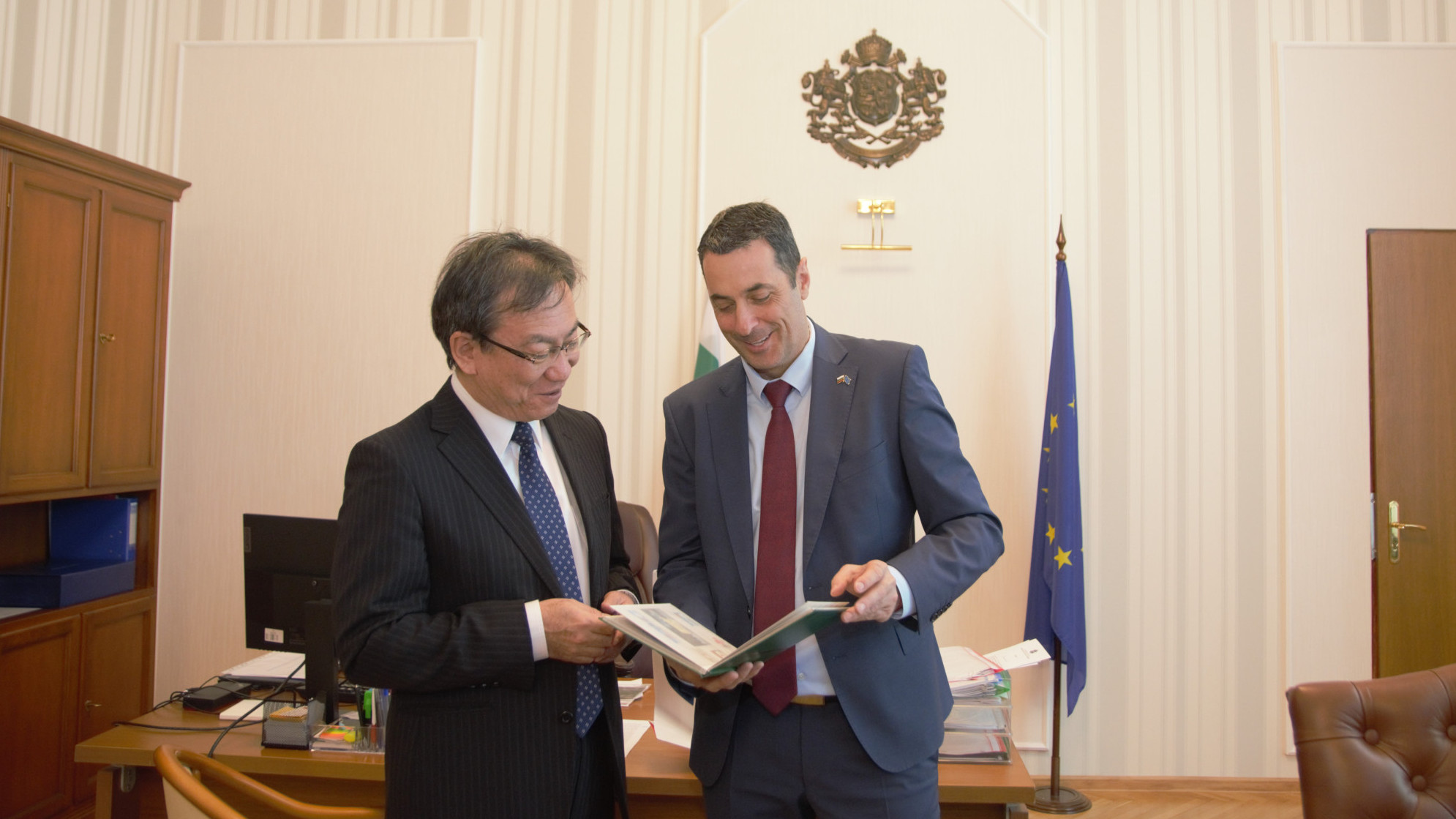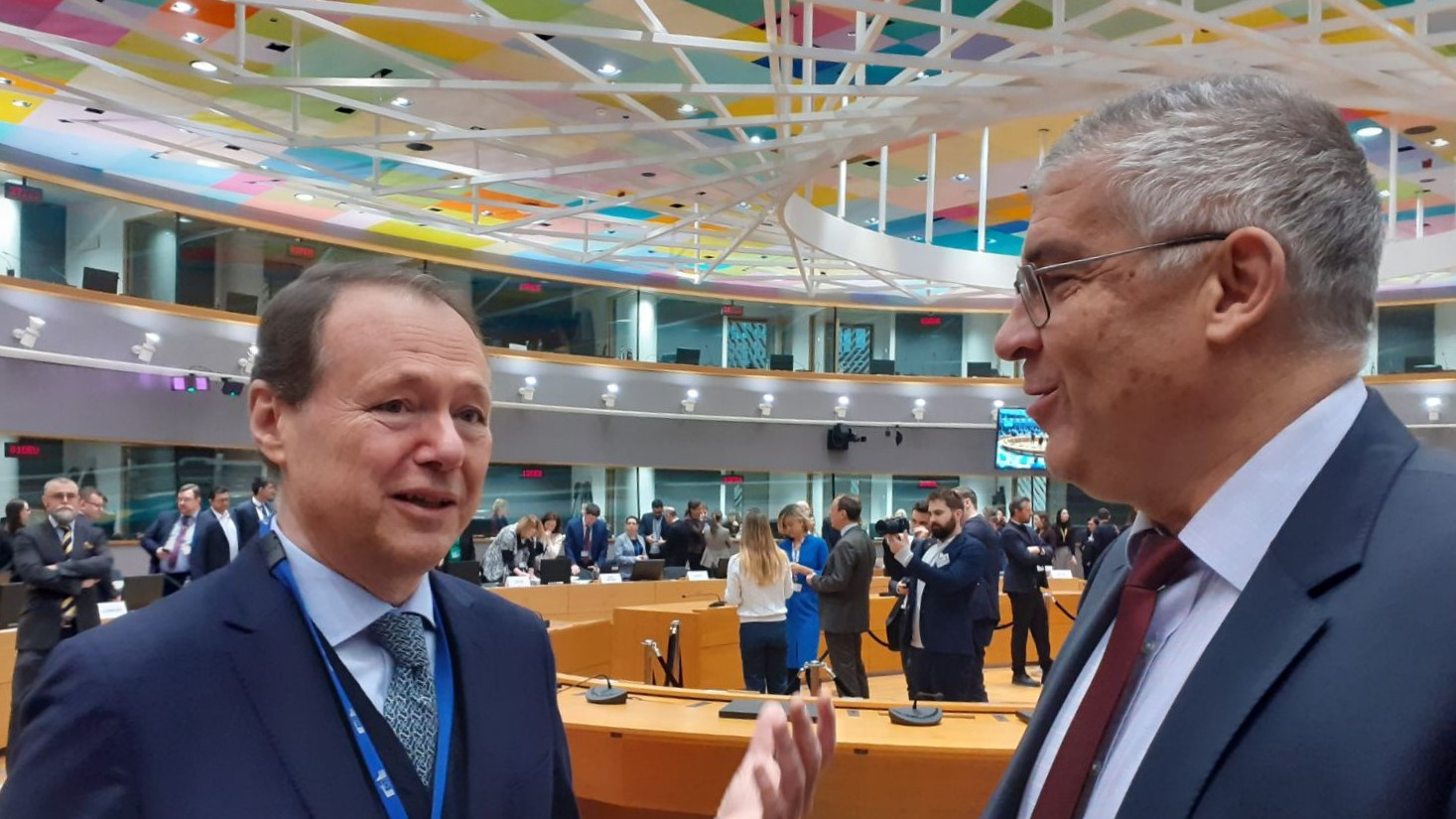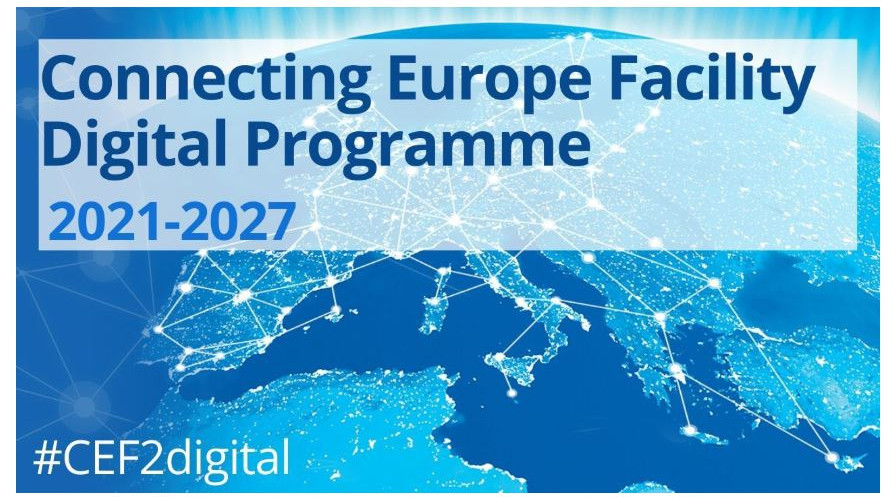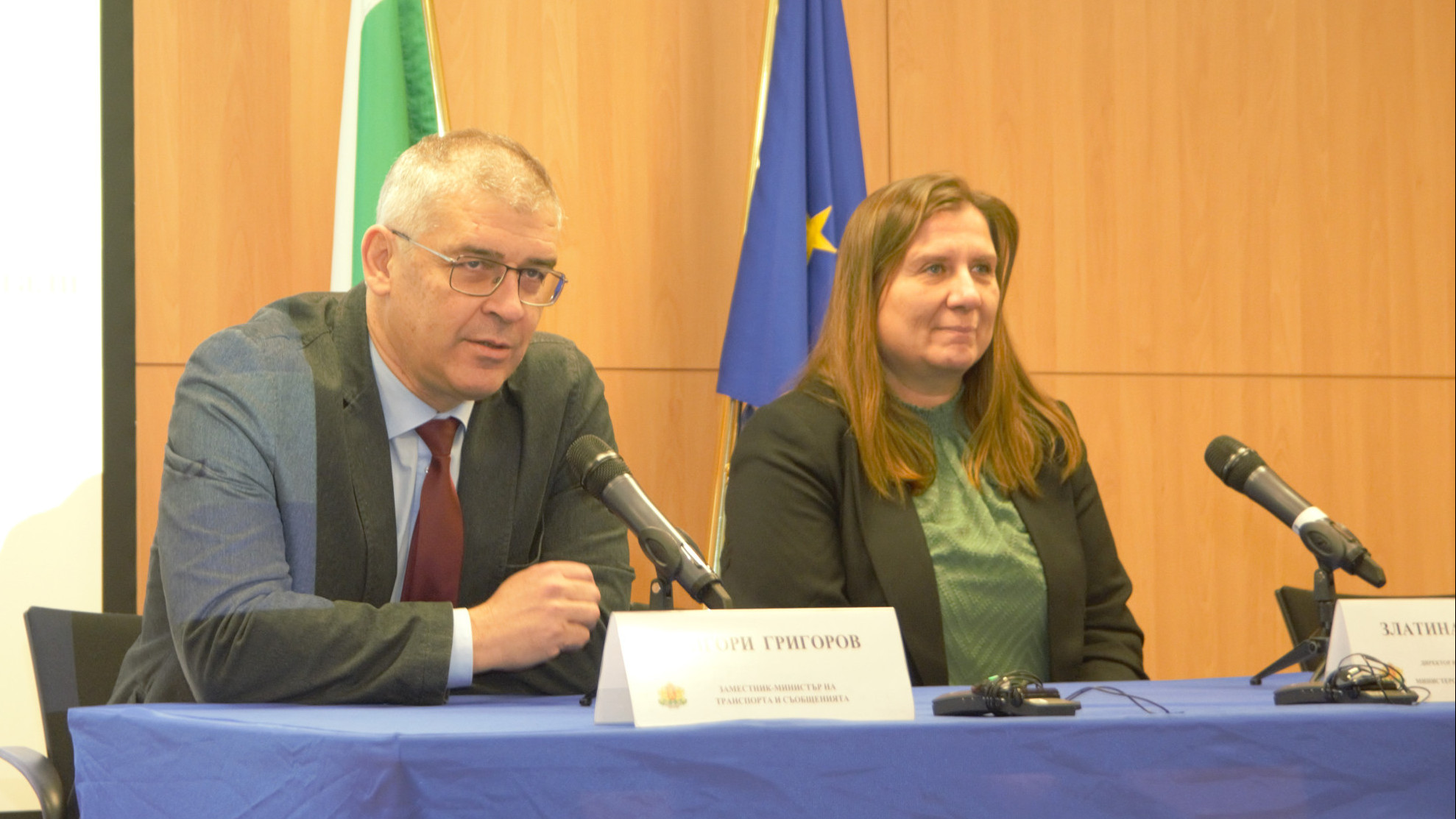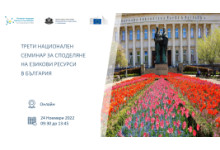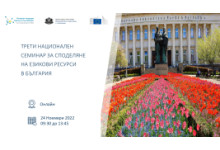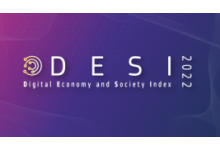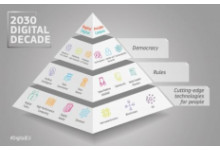IT news
This handbook aims to assist public authorities in planning, implementing, and monitoring broadband projects within their territories.
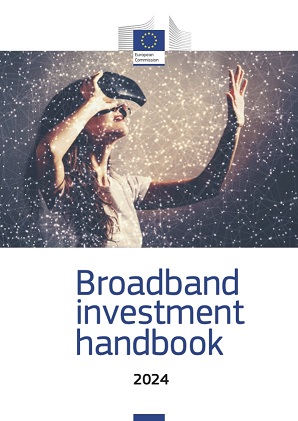
On 23 February, The Commission presented a set of actions aimed to make Gigabit connectivity available to all citizens and businesses across the EU by 2030.
The European Commission has adopted a revised Communication on State aid for broadband networks (‘Broadband Guidelines'). The revised Broadband Guidelines set out the rules under which the Commission will assess State aid measures notified by Member States to support the deployment and take-up of broadband networks in the EU. The new rules contribute to the EU's strategic objectives of ensuring gigabit connectivity for everyone and 5G coverage everywhere by the end of the decade, which is essential to achieve the digital transition of the Union. The new Guidelines will enter into force the day following their publication in the Official Journal of the European Union, which is expected in January 2023.
The Ministry of Transport and Communications held the Third ELRC Workshop in Bulgaria online on 24 November 2022. The event takes place within the European Language Resources Coordination (ELRC) project, in cooperation with the Institute for the Bulgarian Language at the Bulgarian Academy of Sciences. The project is funded by the Connecting Europe Facility Telecom.
The Ministry of Transport and Communications organized Third National ELRC Workshop in Bulgaria, which will be held online on November 24, 2022, at 9:30 am. The event takes place within the European Language Resources Coordination (ELRC) project, in cooperation with the Institute for the Bulgarian Language at the Bulgarian Academy of Sciences.
Тhe European Commission has monitored Member States’ progress in digital and published annual Digital Economy and Society Index (DESI) reports. The DESI Index ranks Member States according to their level of digitalisation and analyses their relative progress over the last five years, considering their starting point.
The Data Governance Act is an important component of the European strategy for data, which aims to bolster the data economy. The aim is to set up robust mechanisms to facilitate the reuse of certain categories of protected public-sector data, increase trust in data intermediation services and foster data altruism across the EU.
The global data volume is growing very fast. Whereas cloud computing happens mostly in large data-centres today, by 2025 this trend will reverse: 80% of all data is expected to be processed in smart devices closer to the user, known as edge computing.
The availability of both edge and cloud computing is essential in a computing continuum to ensure that data is processed in the most efficient manner. Energy-efficient and trustworthy edge and cloud infrastructures will be fundamental for the sustainable use of edge and cloud computing technologies.
Staying connected is a vital part of our lives. We all share a desire to keep in contact with one another, no matter how far apart we are. This desire was even stronger during the COVID-19 pandemic, as many of us were kept apart from loved ones for a long time.
The Commission has proposed a Declaration on digital rights and principles for a human-centred digital transformation.
Find the Communication, Declaration and Staff Working Document on European digital principles below.
The Commission is publishing for consultation the draft revised Guidelines on State aid for broadband networks (the ‘Broadband Guidelines’).
The public consultation is open from 19 November 2021 to 11 February 2022.
The revision aims to clarify the existing State aid rules and ensure they take account of the latest market and technological developments.
The proposed targeted revision of the Guidelines consist of:
The first multiannual work program of the Connecting Europe Facility - Digital Technologies has been published, setting out the financing, scope and objectives of the EU-supported actions needed to improve Europe's digital connectivity infrastructures.
The European Commission has adopted three work programmes for the Digital Europe Programme, outlining the objectives and specific topic areas that will receive through grants and procurement a total of €1.98 billion in funding.
On November 5, 2021, the Annual Conference of the Bulgarian Association of Cable and Communication Operators (BACCO) was held under the motto "The Big Picture". At the event was discussed key elements in the development of the telecommunications industry, the EU Recovery and Resilience Facility and the goals and activities set in the National Recovery and Resilience Plan for digitalization and connectivity, the development of e-governce and future actions of the National Regulatory Authority for the release of radio spectrum.
The event entitled "Working together for connectivity" took place online on October 26, 2021. The Annual Conference marked the BCO Network's five-year milestone and everything achieved in this period, working in the specialized Support Mechanism of the European Commission.
The participants reported the success and intensive activities of the Network with a large number of members and conducted over 55 specialized trainings on various topics in the field of connectivity.
Technical guidance on the climate proofing of infrastructure in the period 2021-2027 have been published in the Official Journal of the EU from 16.09.2021.
Regulation (EU) 2021/1153 establishes the Connecting Europe Facility (CEF) for the period 2021 to 2027 and lays down the objectives of the CEF, its budget, the forms of European Union funding and the rules for providing such funding.
The Еuropean Commission has adopted and published the Work Programme 2021-2022 for “Horizon Europe” Programme, “Digital, Industry and Space” cluster, which outlines the objectives and specific topic areas that will receive a €3.5 billion in funding for 2021-2022.
Regulation (EU) 2021/695 establishes Horizon Europe – the Framework Programme for Research and Innovation for the period 2021 to 2027. The budget for the seven-year period is over 86 billion euros to strengthen the EU's scientific and technological bases and to stimulate innovation, competitiveness and job creation in Europe.

